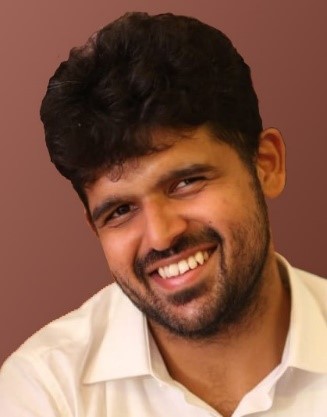Development of Nuclear Energy Sector in India
- Publisher: Institute for Defence Studies and Analyses
The vision for the development of nuclear energy in India is not new. It dates back to pre-independence days. The nation had embarked on the development of large-scale infrastructure for nuclear power generation and building scientific-technological base for it. The process of the development of nuclear energy was, however, not smooth. It had to overcome enormous difficulties to reach the present stage. The obstacles it had to face were primarily due to the technology denial regimes adopted by various nations that either had the expertise or had harnessed nuclear energy.
- ISBN 81-87363-98-3 ,
- Price: ₹. 200/-
- E-copy available





